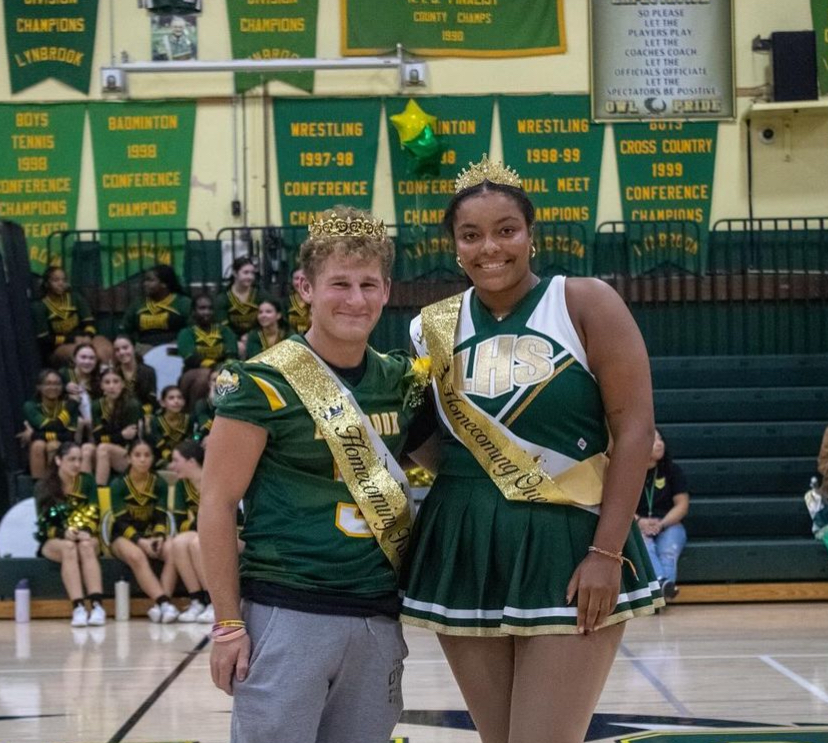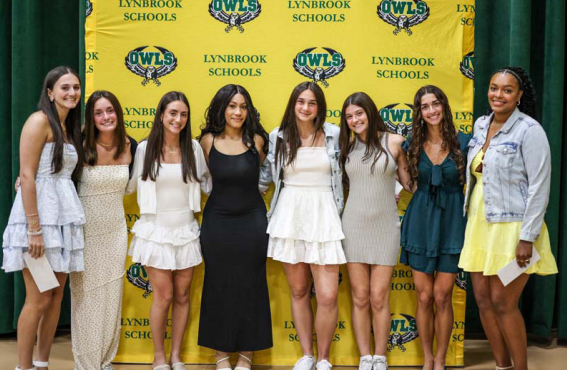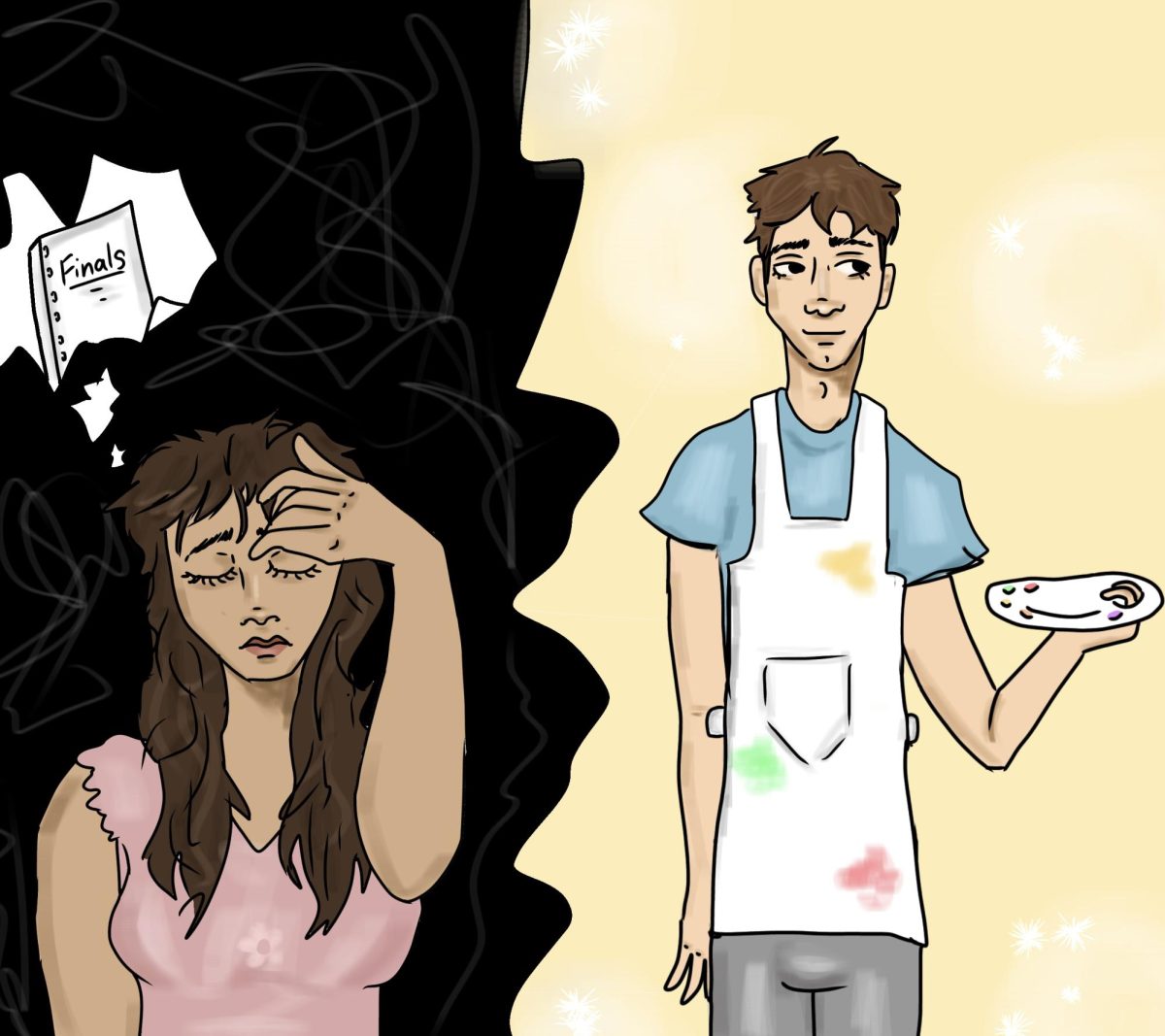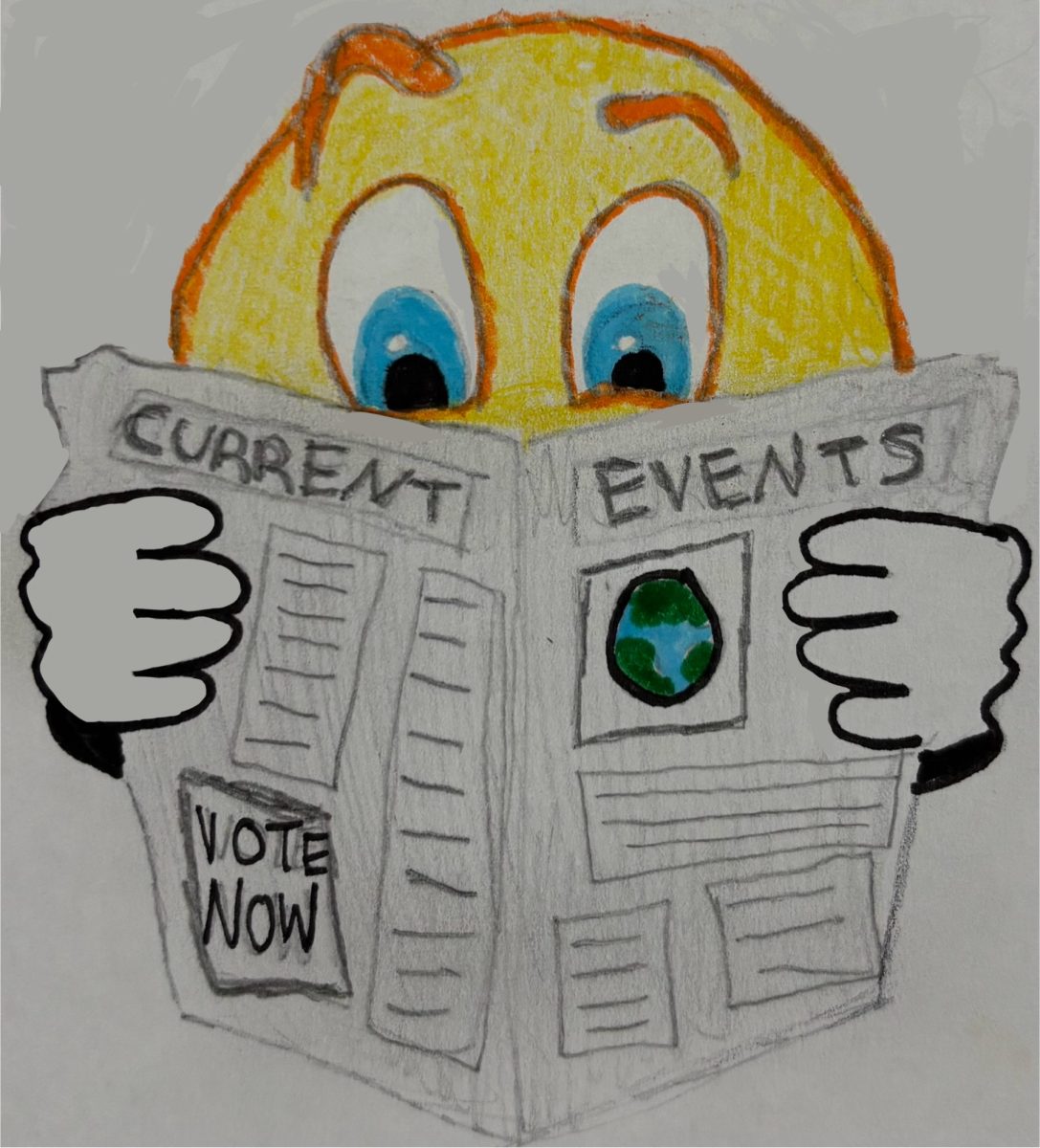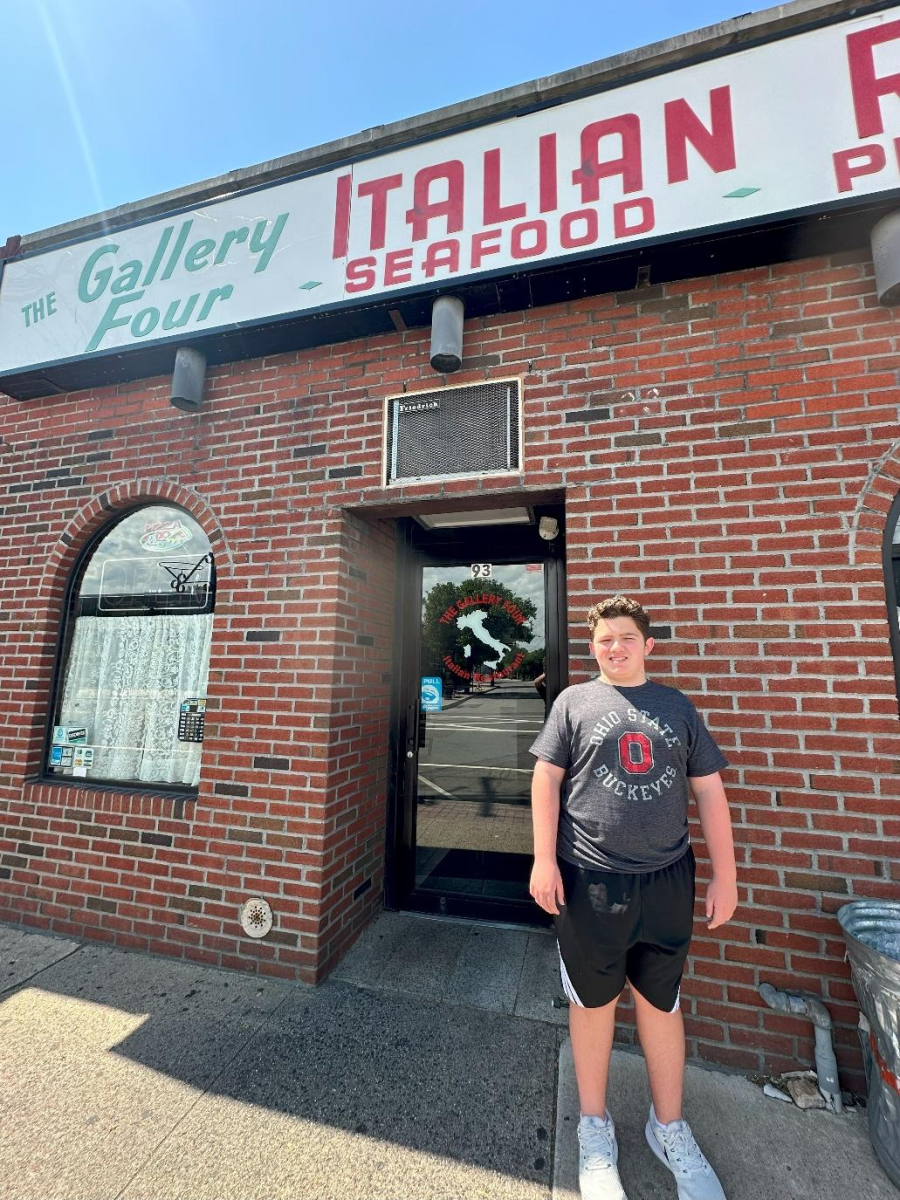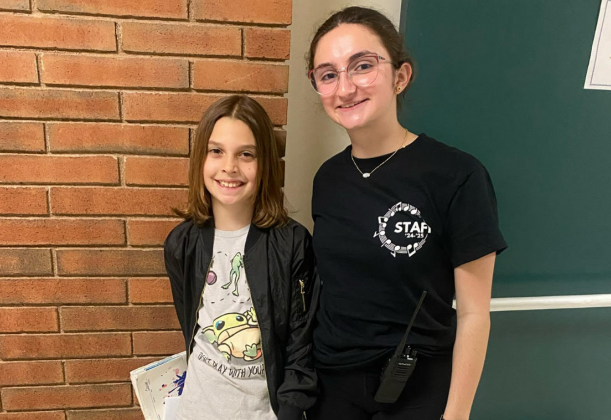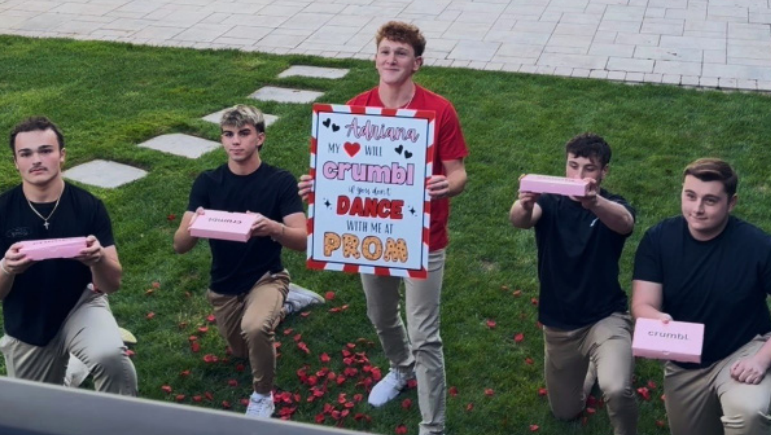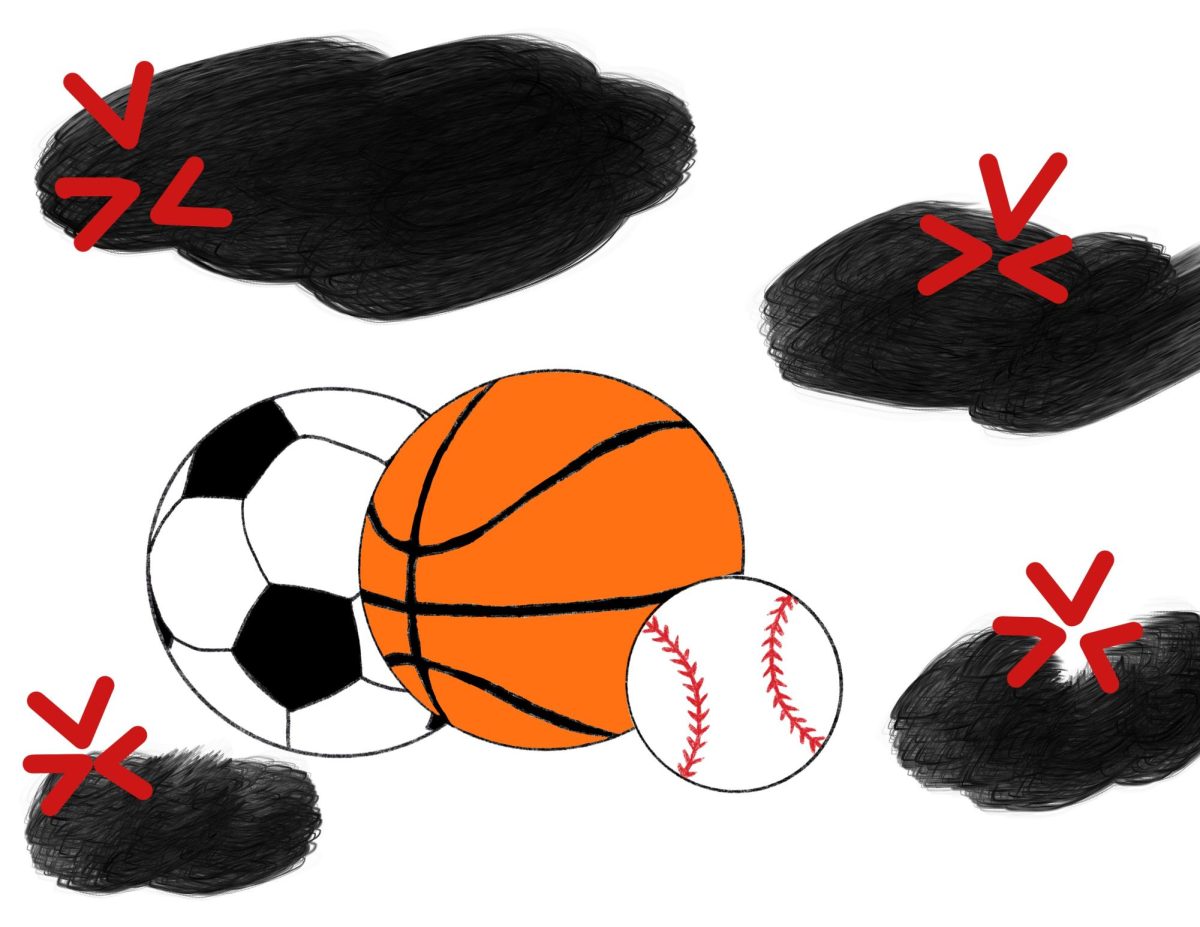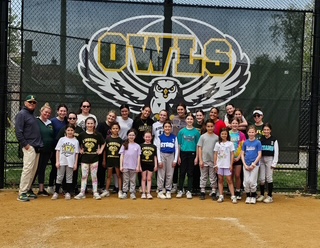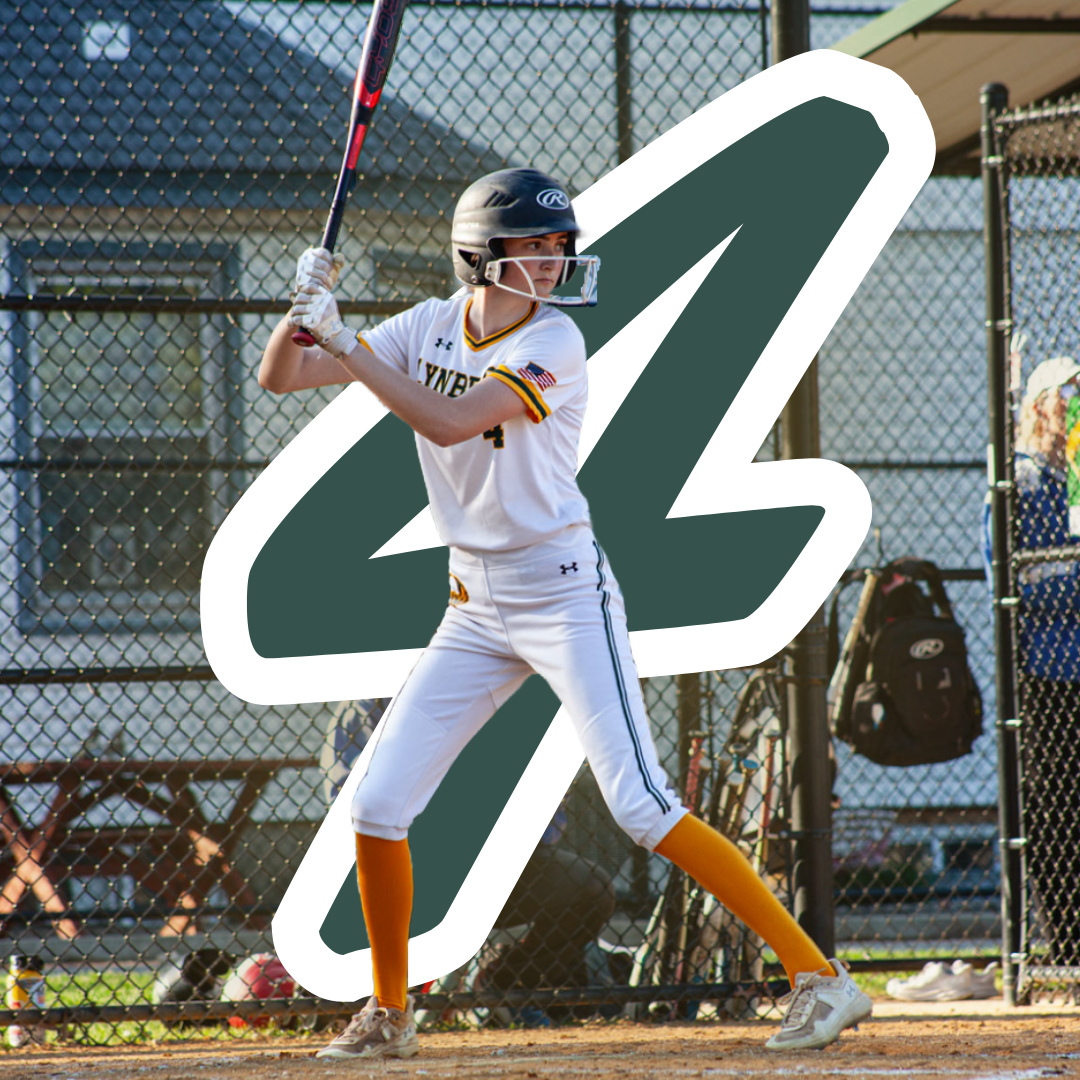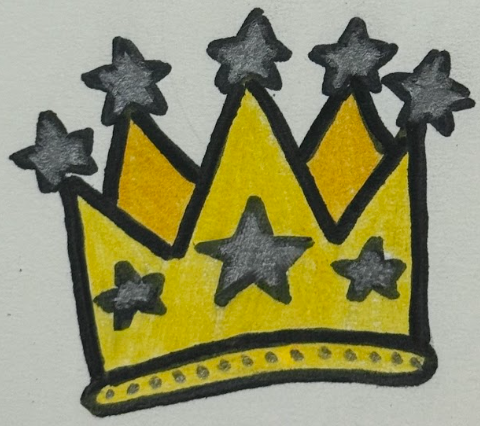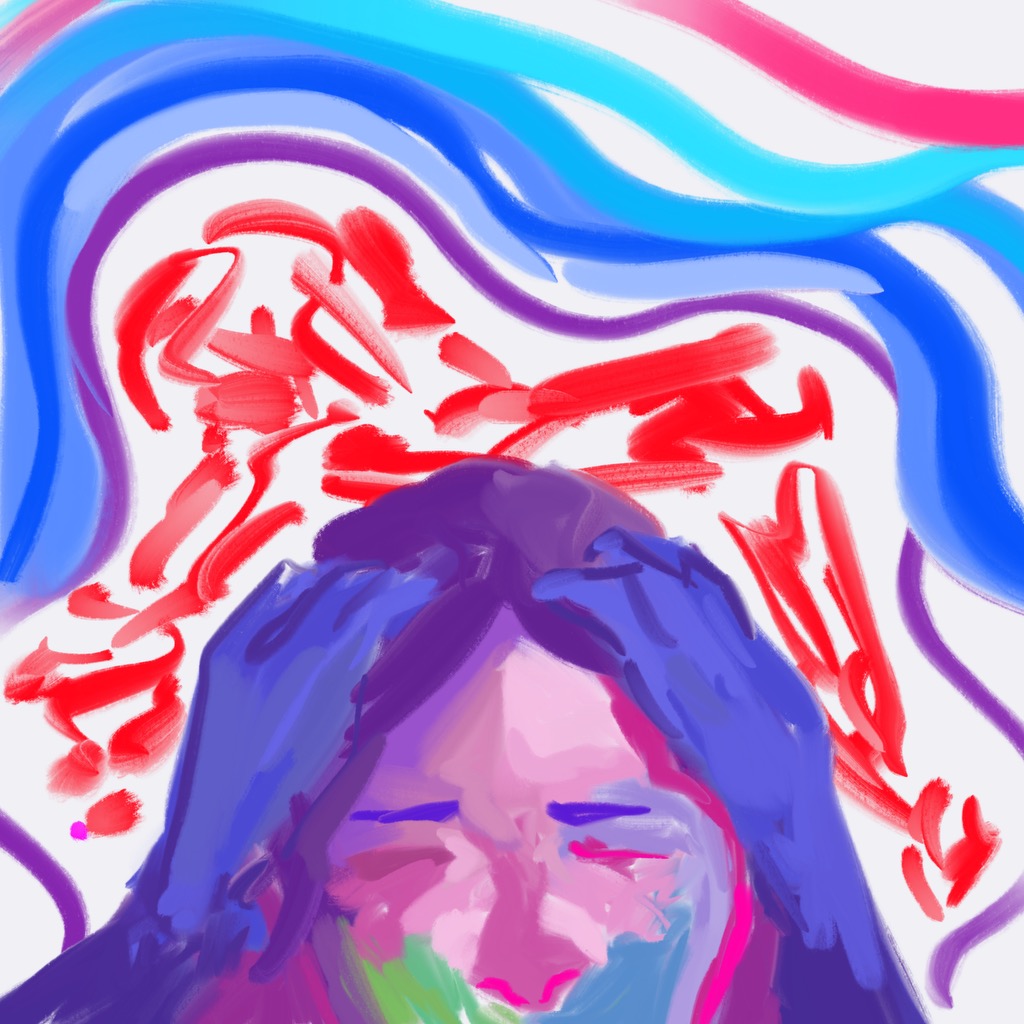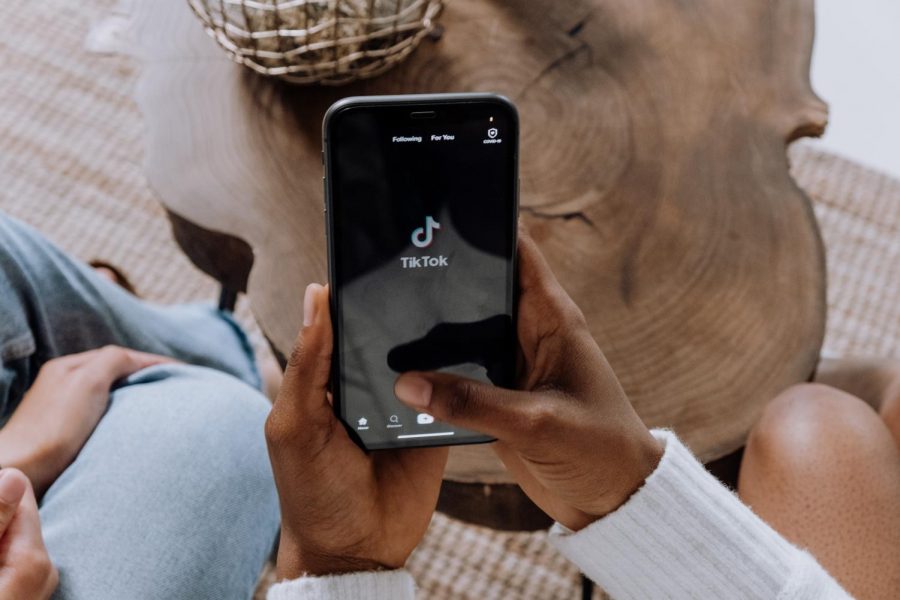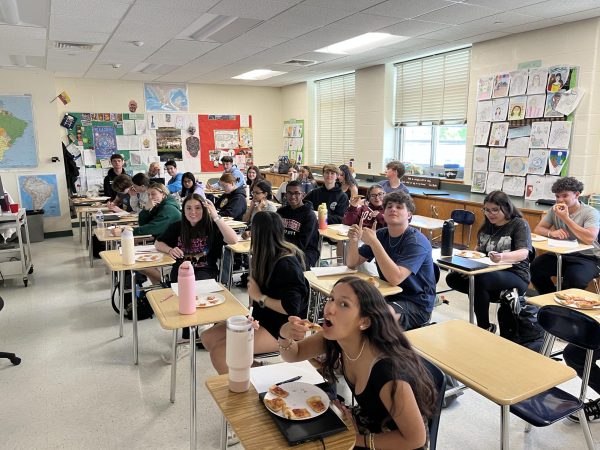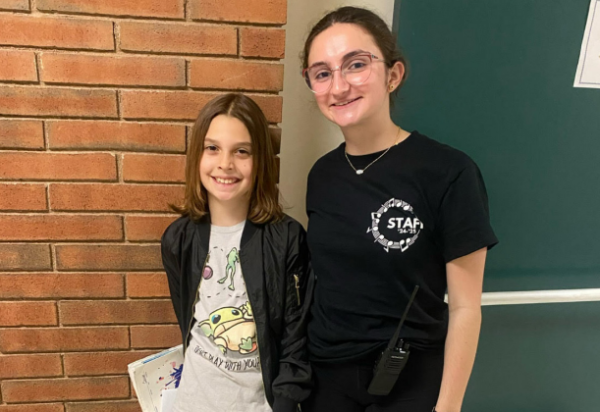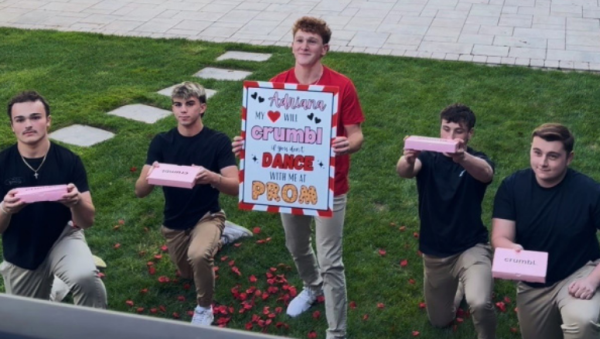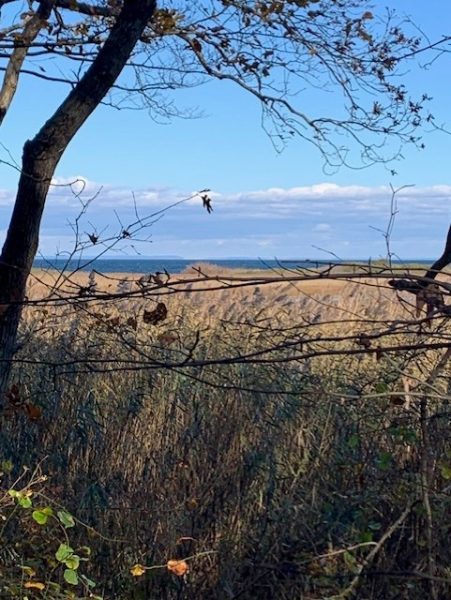Trump and TikTok
Photo by cottonbro from Pexels
President Donald Trump has been concerned about TikTok, and it has been highly debated whether the platform would be banned in the US.
Those who have and have not used the increasingly popular social media platform TikTok may remember the countless times the app was rumored to be shut down by the United States government. Users waited in anticipation, wondering when the last day of the beloved app would come. The whole situation was (and still is) surrounded by confusion; rumors of Bill Gates buying TikTok, the app stealing its users’ information, and Donald Trump shutting it down all flooded peoples’ “For You” pages, the TikTok equivalent of an explore page.
What exactly is TikTok? The Beijing-based company ByteDance purchased the similar lip-syncing app Music.ly in 2017 for approximately one billion dollars. The company merged Music.ly and its original app, TikTok, together, creating the app as it is known today. The platform is overwhelmingly popular; as of April, it was downloaded over two billion times and had more than 800 million active users, approximately 11% of the world population, according to DataReportal. Senior Marianne Lombardo commented, “I have TikTok downloaded, and I use it often. I downloaded Music.ly also, back when that was a thing. The main reason I reinstalled TikTok was because of its popularity; I felt like everyone was on it. It actually is my favorite social media platform.”
The White House said it had security concerns over this immensely powerful media platform. The first TikTok shutdown scare happened in August when President Trump signed an executive order which called for operations of the platform to cease in America unless Americans were able to own the operations of the app. According to NPR, TikTok released a statement shortly after learning the news and was shocked, stating, “President Trump paid no attention to facts, dictated terms of an agreement without going through standard legal processes, and tried to insert himself into negotiations between private businesses.” They continued, stating, “He sets a dangerous precedent for the concept of free expression and open markets.”
Now, it seems as if the American government and ByteDance have reached an agreement. Trump stated in late September that the companies Oracle and Walmart will have complete control over TikTok Global. Oracle’s Executive Vice Presiden Ken Glueck then corrected his statement, saying that Americans will have majority ownership and the previous owner, ByteDance, will have none. However, ByteDance came out and said that it will still have 80% stake in TikTok Global. Clearly, these two entities had quite the debate over this video-sharing platform. Glueck and Trump’s statement that Americans will own the majority of the company, and ByteDance none, is debatable. Americans will occupy four out of the five seats on the board, but shareholders and investors (Chinese, American, and international) will still own most of the shares of the company. It can be said that both parties were being dishonest in their statements.
However, the reasons for this ban are still highly debated. Some believe Trump disliked the app after many people used the platform to compromise his Tulsa rally. As a joke, users had the idea to register for the rally since registration is free. The result: hundreds of thousands of empty seats on the day of the event. Was this enough to make him retaliate against the app? One may never know. However, others believe that the White House had true safety concerns.
Freshman Charles Reis recounted his experience with the TikTok ban: “I do use TikTok, and I downloaded it in early December of 2019. I heard the rumors about it getting shut down through the app and Instagram. But, I actually don’t think TikTok will get shut down because it is so popular.” Senior Victoria Medina also shared her perspective: “I don’t use TikTok often because I already use Snapchat and Instagram. I heard the rumors about it getting shut down from the news, but I do not think it will ever actually get shut down. Personally, I do not see how the app poses any more risks than other similar ones, such as Instagram.”
The rise of TikTok, along with its immense influence, has caused concerns in the White House. Although one may never know the true reason for the proposed ban, it seems as if the fun, addicting video-sharing platform is here to stay for a while.

